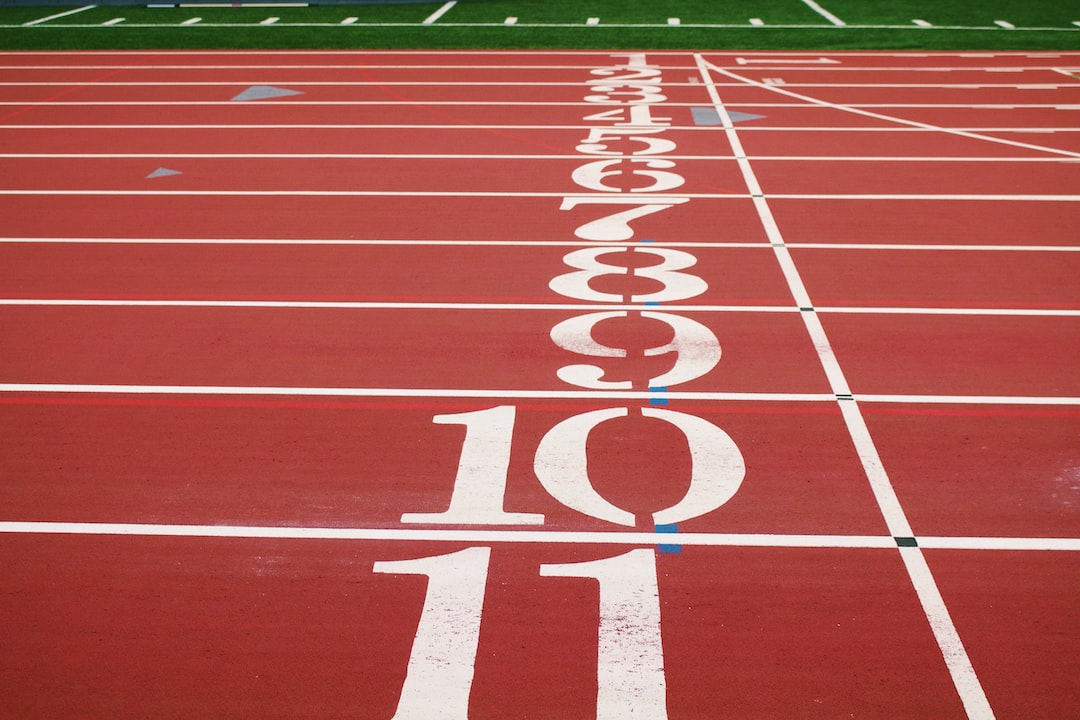The Do’s and Don’ts of Pre-Competition Nutrition
As an athlete, you understand the importance of fueling your body properly before a competition. Pre-competition nutrition plays a crucial role in enhancing your performance and giving you the energy you need to excel. However, it’s easy to make mistakes when it comes to what and when you consume before a big event. To help you optimize your pre-competition nutrition routine, here are the do’s and don’ts you should keep in mind.
Do: Plan your meals in advance
One of the most crucial aspects of pre-competition nutrition is planning your meals in advance. Avoid leaving your nutrition until the last minute and rushing to find food options. Instead, create a meal plan well before your event, taking into account the timing of your meals and the necessary nutrients you need to consume. This approach allows you to be conscious of what you eat and ensures you have access to the right foods at the right time.
Don’t: Try new foods or supplements
Pre-competition is not the time to experiment with new foods or supplements. Stick to what you know works well for your body and has provided positive results in the past. Trying new foods or supplements can lead to digestive discomfort or unexpected reactions, which can hinder your performance. Stick to your tried and tested pre-competition routine to minimize any potential setbacks.
Do: Consume a balance of macronutrients
Carbohydrates, proteins, and fats are the three macronutrients that should be part of your pre-competition meals. Carbohydrates provide the energy your muscles need, proteins aid in muscle repair and recovery, and fats provide long-lasting energy and support hormone production. Aim to include a balance of all three macronutrients in your pre-competition meals to ensure optimal performance.
Don’t: Overconsume fiber or fat
While fats are an essential part of a balanced diet, consuming too much fat or fiber close to a competition can have negative effects. High-fiber foods can lead to bloating or digestive issues that can interfere with your performance. Additionally, excessive fat intake can slow down digestion, leaving you feeling heavy and lethargic. It’s best to avoid consuming heavy, fatty meals or high-fiber foods right before a competition.
Do: Stay hydrated
Hydration is key when it comes to performing at your best. Ensure you are adequately hydrated leading up to your competition, as dehydration can lead to decreased focus, muscle cramps, and decreased performance. Drinking enough water also aids in digestion and nutrient absorption. Aim to drink consistently throughout the day and avoid large amounts of fluids close to the start of your event to minimize bathroom breaks.
Don’t: Rely solely on sports drinks
Although sports drinks can provide hydration and replenish electrolytes lost through sweat, they should not be your sole source of hydration. While they can be useful during intense exercise, relying solely on sports drinks can lead to an excessive intake of sugar and unnecessary calories. Prioritize water as your main source of hydration and reserve sports drinks for situations that require quick electrolyte replacement.
Do: Consider timing and portion sizes
The timing of your pre-competition meals is important. You want to allow enough time for digestion, ensuring your body has sufficient energy but doesn’t feel overly full. Generally, consuming a balanced meal containing carbohydrates and proteins 2-3 hours before an event is recommended. For smaller snacks, aim to consume them 30-60 minutes before your competition. Additionally, be mindful of portion sizes to avoid feeling overly bloated or uncomfortable.
Don’t: Skip meals
Skipping meals in an attempt to prevent digestive issues or nerves is a common mistake made by athletes. However, this can leave you feeling weak, lethargic, and lacking the necessary energy to perform at your best. Instead of skipping meals, focus on consuming light, easy-to-digest foods that will provide the energy you need without causing discomfort.
In conclusion, pre-competition nutrition is an essential aspect of enhancing your performance as an athlete. By following the do’s and don’ts mentioned above, you can optimize your pre-competition nutrition routine and ensure that you have the energy and nutrients necessary to excel in your chosen sport. Remember to plan your meals in advance, consume a balance of macronutrients, stay hydrated, and be mindful of timing and portion sizes. Avoid trying new foods or supplements, overconsuming fat or fiber, relying solely on sports drinks, and skipping meals. With the right pre-competition nutrition strategy, you can give yourself the best chance at achieving your goals and maximizing your potential as an athlete.

